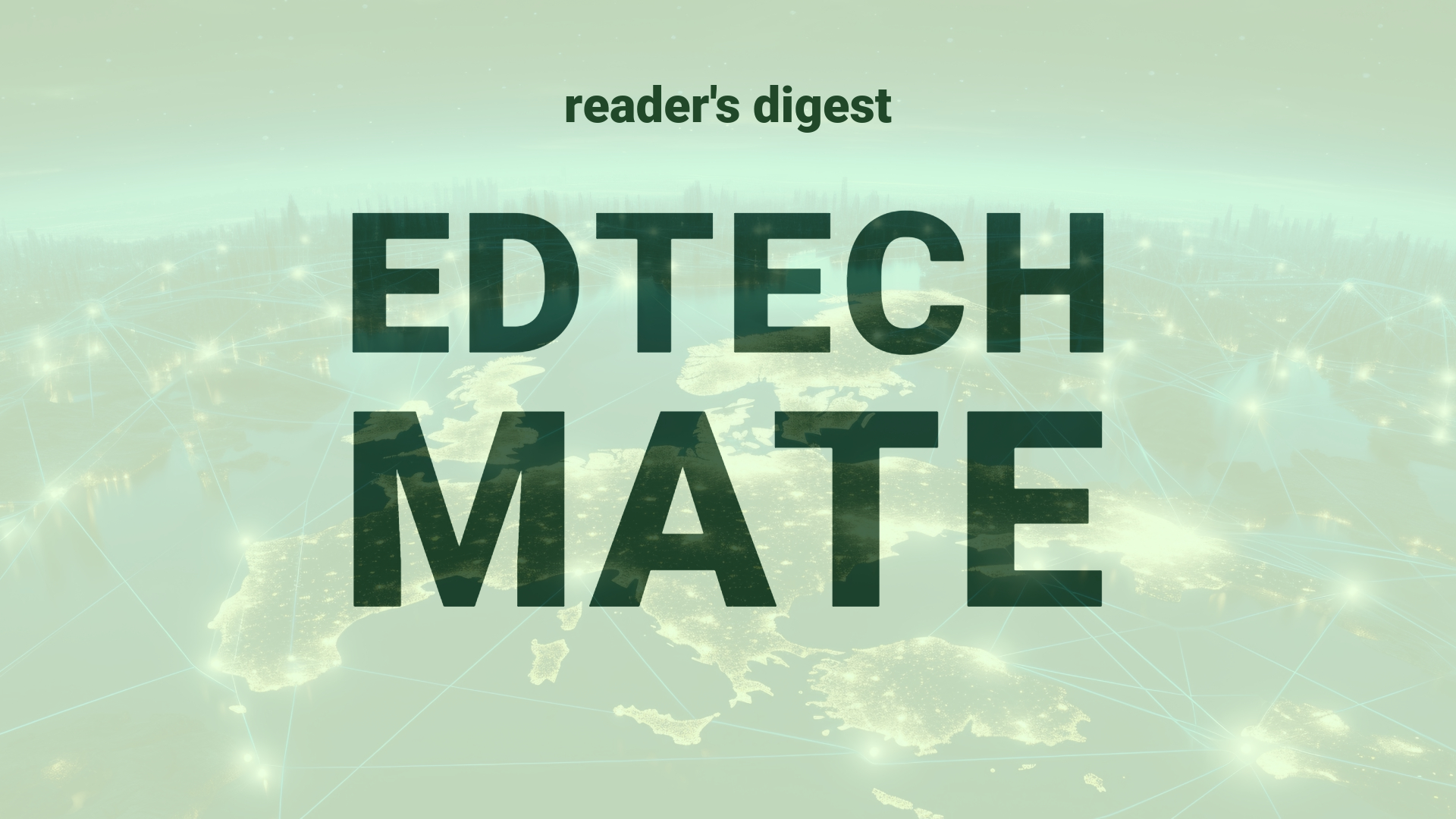Executive Summary and Main Points
The energy and utilities sector is poised to significantly increase its investment in artificial intelligence (AI) over the next two years, with 67% of organizations projected to boost their AI budgets considerably. This trend reflects a mature integration of AI across various business areas, driven by cost-benefit considerations and social responsibility. The extensive use of AI includes optimization for planning and constructing distribution networks, efficient asset and plant placement, anticipating system failures, and improving decision-making processes. Attention to environmental, social, and governance (ESG) factors is noteworthy, with a 44% focus on environmental impact analysis and forecasting. Moreover, AI is instrumental in resource identification, extraction, and route optimization, with 22% of companies using AI to detect leaks and fraud in distribution networks. A majority of 71% of enterprises are motivated to employ AI intensively to enhance internal process efficiency and optimize performance.
Potential Impact in the Education Sector
The embrace of AI in the energy and utilities sector signals a broader trend that could influence Further Education and Higher Education. Institutions may see an uptick in strategic partnerships and digitalization to address similar concerns around efficiency, decision-making, and infrastructure optimization. The education sector could adopt AI to streamline administrative processes, personalize learner engagement, and develop predictive analytics for student success and resource management. In the context of Micro-credentials, AI could enable customized learning pathways and better alignment with industry needs, preparing students for AI-competent roles in various sectors.
Potential Applicability in the Education Sector
Key AI applications adaptable to global education systems include predictive modeling for student retention and achievement, AI tutors for personalized learning experiences, and automated administrative tasks to reduce workload and improve accuracy. AI can also promote efficient energy use within educational infrastructures, suggesting an interdisciplinary curriculum focus on AI and sustainability. Digital tools can foster global collaboration and research in education, mirroring the collaborative efforts seen in AI and energy sector partnerships.
Criticism and Potential Shortfalls
While AI offers significant benefits, there is a risk of over-reliance on technology without considering ethical and cultural implications. Data privacy, biased algorithms, and the digital divide are concerns that international case studies in education have highlighted, such as the European Union’s GDPR impact on educational data analytics. Furthermore, the shortage of AI-specialized profiles in the energy sector parallels a global scarcity of AI educators, which may hinder the incorporation of AI in curricula and research.
Actionable Recommendations
For successful AI integration in international education, a multi-faceted approach is recommended. Building a robust AI faculty through global recruiting and partnerships with industry experts can address expertise shortages. Developing an AI ethics framework can guide responsible adoption. Exploring pilot projects that apply AI for campus energy management or student services can yield best practices. Investing in professional development around AI and data literacy across the academic community is crucial. Finally, building strategic alliances with technology providers can fast-track digital transformation efforts.
Source article: https://www.cio.com/article/2513754/la-ia-gana-protagonismo-en-las-inversiones-de-la-industria-energetica.html

